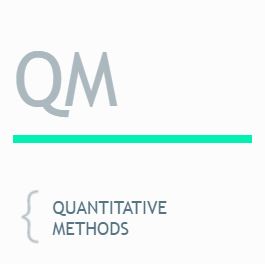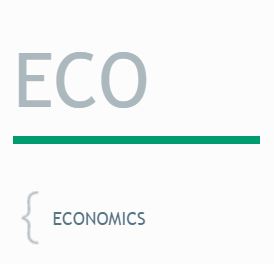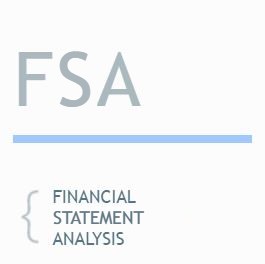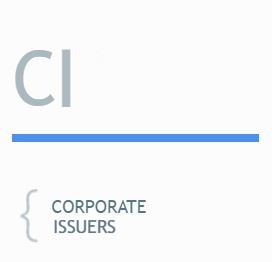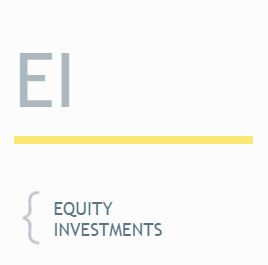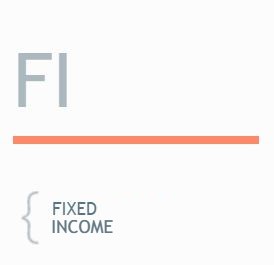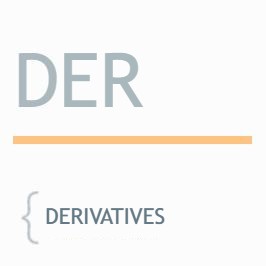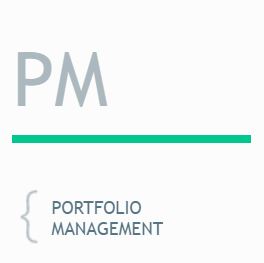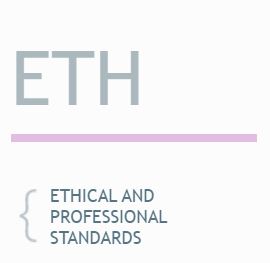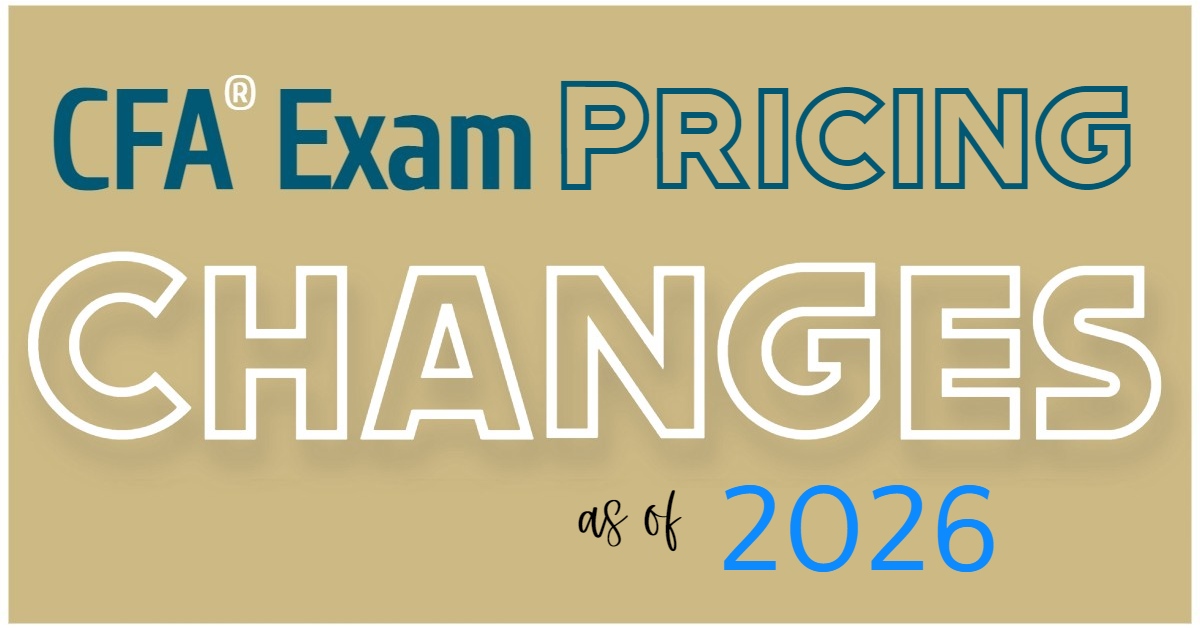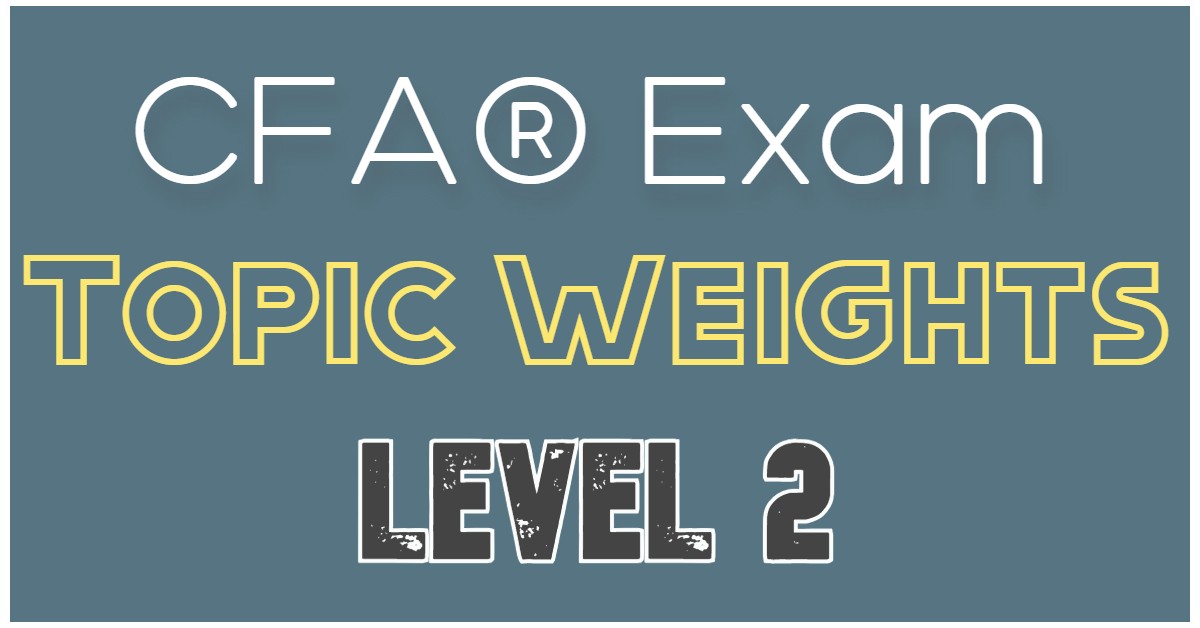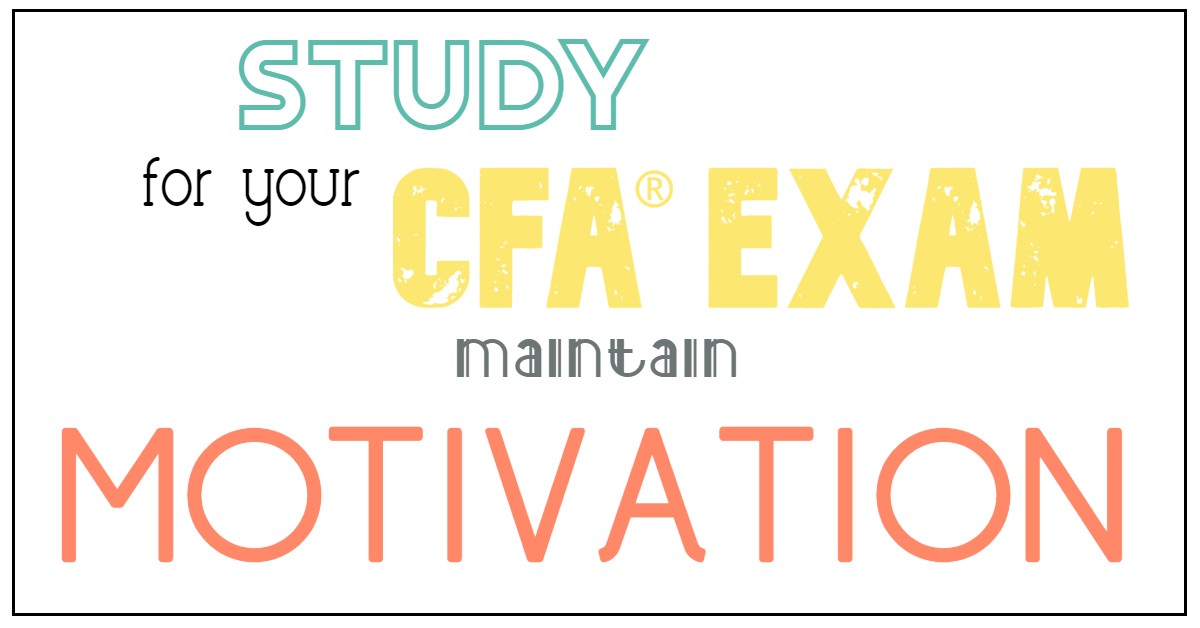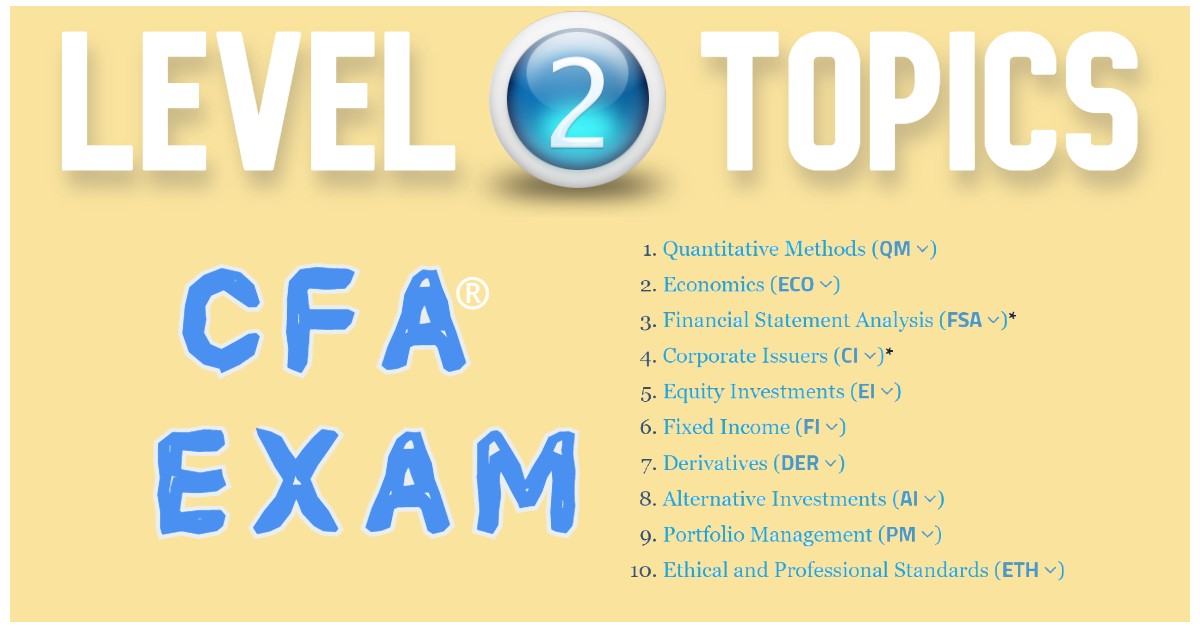
There are 10 level 2 CFA exam topics that go over 3000 pages in your CFA Program curriculum. As soon as you know it, you may start asking yourself questions such as:
Should I stick to the topic sequence as it is in the curriculum?
Should I treat all topics equally or are some topics more important than the others?
What should I know about a topic when I start to study it?
In this post, we try to explain what level 2 topics are all about. Our aim is to help you answer the questions you may have.
All 10 Level 2 CFA Exam Topics
During your level 2 CFA exam, you will be tested on:
This is how the topics are sequenced in your level 2 CFA exam syllabus. But if you know more about the topics, you’ll likely want to make changes to this order. Below, we describe all 10 level 2 topics in more detail and suggest our topic sequence. First, however, we give the key info in a table to enable easy analysis of the topics, their exam weights, number of modules to study, or formulas to memorize. Note that readings have been replaced with learning modules (LMs) already in 2024 and this change is still present in the 2026 level 2 CFA exam curriculum but it's mainly a change in nomenclature.
| Level 2 CFA Exam Topic | Short Description | Topic Weight | MIN-MAX No. of Questions | No. of LMs in 2026 |
No. of Formulas |
|---|---|---|---|---|---|
| Quantitative Methods | Regression & time series analysis | 5-10% | 4-8 | 7 | nearly 50 |
| Economics | Currencies + growth models + market regulations | 5-10% | 4-8 | 2 | nearly 50 |
| Financial Statement Analysis | Financial statements under close scrutiny | 10-15% | 8-12 | 6 | nearly 40 |
| Corporate Issuers | Corporate governance & decision-making | 5-10% | 4-8 | 4 | around 40 |
| Equity | Plenty of valuation models for equity | 10-15% | 8-12 | 6 | around 100 |
| Fixed Income | Bond valuation, risks & expected returns | 10-15% | 8-12 | 5 | around 60 |
| Derivatives | Forwards vs futures vs options vs swaps | 5-10% | 4-8 | 2 | around 40 |
| Alternative Investments | Real estate & private equity valuation | 5-10% | 4-8 | 4 | around 20 |
| Portfolio Management | Portfolio: structure, risks & returns | 10-15% | 8-12 | 6 | around 70 |
| Ethics | Moral spine vs investment environment | 10-15% | 8-12 | 3 | None, which is an exception! |
Level 2 CFA exam topics are the same as level 1 topics. So, there are still 10 topics you need to study (this changes at the level 3 CFA exam). Also, the order of the topics in your level 2 curriculum does not change when compared to the level 1 curriculum. What changes though are topic weights.
The exam weights of level 2 topics are given in ranges. It means that the exact number of questions on a certain topic may vary from exam to exam. Currently, there are only two types of weight ranges, namely 5-10% for the less important topics and 10-15% for the more important topics. In the past, however, Equity was given the greatest weight. Frankly, you may expect Equity to be still very important. That's why we recommend our users start with Equity and take it rather seriously. We propose what we call the Soleadea Topic Sequence, where you get Equity scheduled upfront. However, after setting up your CFA exam study plan, you can easily choose the topic sequence you like:
Level 2 CFA exam questions take the form of the so-called item sets, i.e. short descriptions (vignettes) followed by a number of multiple-choice questions. Since the CFA exams moved to computer-based testing, the level 2 CFA exam format includes a total of 88 multiple-choice questions, 44 in SESSION 1 and 44 in SESSION 2. The number of questions has been reduced from 2 x 60, i.e. 120 multiple-choice questions overall, because the total testing time is now down to ca. 4.5 hrs (2 hrs 12 min per exam session) instead of 6 hrs (2 x 3 hrs). The minimum and maximum number of questions for each topic is given in the table above. There are 11 item sets per session and each item set has 4 multiple-choice questions. We write more about level 2 item sets here .
Level 2 CFA Exam Topics: Description
Quantitative Methods (QM)
Topic Learning Outcome:
"The candidate should be able to explain regression, time series analysis, and simulation and their uses in investment decision-making. The candidate should be able to interpret the results of a regression, time-series analysis, or simulation."
Economics (ECO)
Topic Learning Outcome:
"The candidate should be able to explain and demonstrate the use of economic concepts and methods in the determination and forecasting of currency exchange rates, the analysis of economic growth, and the analysis of business and financial market regulation."
Financial Statement Analysis (FSA)
Topic Learning Outcome:
"The candidate should be able to analyze the effects of financial reporting choices on financial statements and ratios. The candidate also should be able to analyze and interpret financial statements and accompanying disclosures and to evaluate financial reporting quality."
Corporate Issuers (CI)
Topic Learning Outcome:
"The candidate should be able to evaluate capital budget projects, capital structure policy, dividend policy, corporate governance, and mergers and acquisitions."
Equity Investments (EI)
Topic Learning Outcome:
"The candidate should be able to analyze and evaluate equity securities using appropriate valuation concepts and techniques. The candidate should also be able to estimate risk and expected return of equities in global contexts."
Fixed Income (FI)
Topic Learning Outcome:
"The candidate should be able to estimate the risks and expected returns for fixed income instruments, analyze the term structure of interest rates and yield spreads, and evaluate fixed income instruments with embedded options and unique features."
Derivatives (DER)
Topic Learning Outcome:
"The candidate should be able to estimate the value of futures, forwards, options, and swaps and demonstrate how they may be used in various strategies."
Alternative Investments (AI)
Topic Learning Outcome:
"The candidate should be able to analyze and evaluate real estate and private equity using appropriate valuation concepts and techniques."
Portfolio Management (PM)
Topic Learning Outcome:
"The candidate should be able to explain and demonstrate the use of portfolio theory in risk and return estimation, security selection, and other practical applications. The candidate should also be able to explain the portfolio management process."
Ethical and Professional Standards (ETH)
Topic Learning Outcome:
"The candidate should be able to demonstrate a thorough knowledge of the CFA Institute Code of Ethics and Standards of Professional Conduct, identify violations of the Code and Standards, and recommend appropriate corrective measures."
NOTE: In your level 2 exam, you'll be no longer tested on the Global Investment Performance Standards (GIPS). They are required only in your level 1 CFA exam.
Summing Up Level 2 Topics
That’s a lot of information to process! But surely it can help you prepare well for your level 2 CFA exam. You've got some key terms enumerated and topic learning outcomes stated. All this info is what you need to better handle your level 2 curriculum .
The order in which the topics are described above is like in your level 2 curriculum. At Soleadea, we suggest changing the topic sequence as follows:
In our level 2 topic sequence, the 5-10% and 10-15% topics are coupled together and the similarity of concepts between the topics is often taken into consideration. Of course, you can personalize the topic sequence even further if you wish but...
... this way you get the most important (Equity) and difficult (Derivatives) topics scheduled in the first half of your prep. As for Ethics, we suggest you schedule it either at the beginning or at the end of your prep. Remember that CFA Institute puts a great emphasis on Ethics. Also, there's the Final Review scheduled in our CFA Exam Study Planner just before your exam (its length depends on when you start your prep: the sooner you start, the longer your Final Review). Summing up, you should be able to cover all the topics just in time for your exam. Crucially, you can make your own changes to the sequence of topics anytime using drag&drop in your Study Plan options!
NOTE: All Topic Learning Outcomes are based on the Level 2 CFA® Program curriculum.
About Soleadea:
Our CFA Exam Study Planner is available to candidates of all levels at groundbreaking Pay-What-You-Can prices. You decide how much you want to pay for our services. After you activate your account, you get unlimited access to our Study Planner 4.0 with study lessons inside, various level 1/level 2 study materials & tools, regular review sessions, and a holistic growth approach to your preparation. Join
Read Also:


